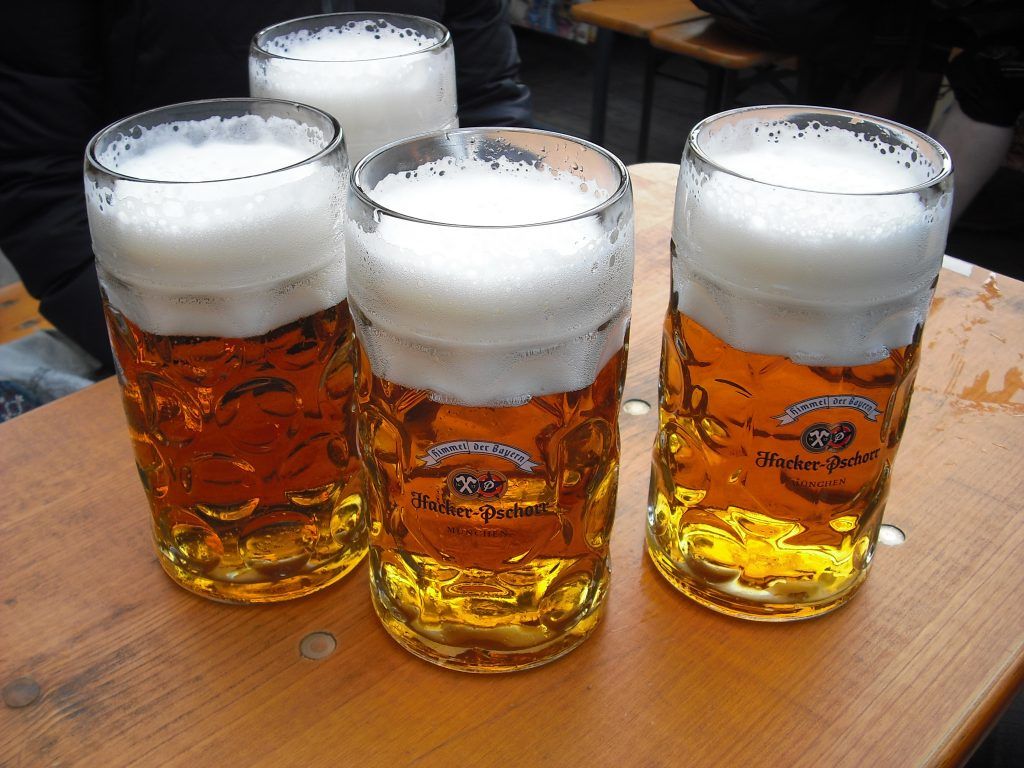We already knew that Copenhagen was the most expensive city in the world to live in and be served a coffee by a barista, and now it turns out the same is true of a cool one served by a barman.
According to an analysis by the Sovereign Group, a corporate and trust service provider, Copenhagen is the priciest city in the world to live in and order a beer once you factor in how much the purchaser had to earn to buy it.
Yes, even more expensive than Oslo!
READ MORE: Copenhagen the second most expensive city in the world to drink coffee
Factoring in the income tax
Using data provided by the latest Economist Intelligence Unit (EIU), a cost-of-living league comprising 133 cities that assesses the prices of 160 goods and services, the Sovereign Group then applied high earner and average earner tax rates to the figures.
While Copenhagen rated 10th on the EIU overall list – an indicator of its high costs to visitors – it shot up to number one for both high and average earners as the city with the highest cost of living.
The Sovereign Group is hopeful its list might replace the famous Big Mac Index so often cited by media and the corporate world.
READ MORE: Copenhagen breaks into top ten most expensive cities list
Taxman’s massive gulp
“For example, if a pint of beer costs US$10 in Los Angeles and the local tax rate is 50 percent, it would clearly be necessary to earn US$20 to purchase that beer out of employment income,” explained Sovereign.
“That same beer might cost US$15 in George Town, the capital of the Cayman Islands, but there is no personal income tax in Cayman.”
This goes some way to explaining why Singapore and Hong Kong, first and second on the EIU list, fell to 13th and 14th on the Sovereign list.
Completing the top ten on the Sovereign list were New York, Tokyo, Osaka, Paris, Reykjavik, Seoul, London, Brisbane and Geneva.
Oslo didn’t even make the top 17.














